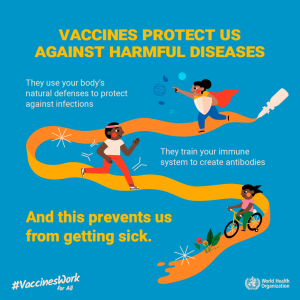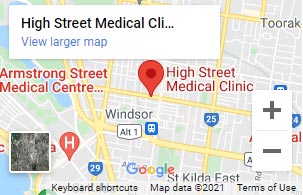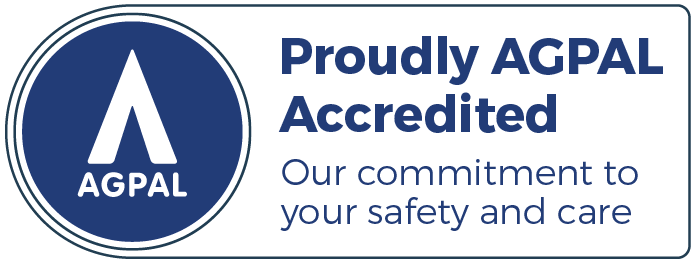Table of Contents
The Human Papilloma Virus is the number 1 cause of cervical cancer, and most often, there are no symptoms. Most recently, the Australian National Screening Program has introduced Self-Collection to make it easier for women to have a cervical screening test.
What is cervical cancer?
Cervical cancer occurs when cells mutate and grow abnormally in the lining of the cervix. It is divided into two main types, which are defined by the type of cervical cells that are affected:
- Cervical squamous cell carcinoma grows in the squamous cells in the cervix
- Cervical adenocarcinoma affects the mucus-producing cells of the cervix
Are there any symptoms?
Most commonly, there are no symptoms of cervical cancer, mainly because they can appear or be confused with other conditions such as endometriosis. This is why having a regular Cervical Screening test is so important.
Women with cervical cancer can experience irregular vaginal bleeding, more extended periods, pelvic pain and sometimes pain during sex. If you have been experiencing these symptoms, it is recommended that you see your doctor.
What causes cervical cancer?
70% of cervical cancers are caused by the Human Papilloma Virus (HPV) which is a sexually transmitted infection. However, not all strains of the virus cause cervical cancer.
Risk factors of developing cervical cancer include:
- Smoking
- Being immunocompromised
- Some studies have shown women with blood tests and cervical mucus with evidence of past, or current chlamydia infection can develop cervical cancer as a result
- Family history of cervical cancer
Cervical cancer CAN be prevented
Women aged between 25 and 74 years can have a Cervical Screening Test every five years instead of a Pap smear every two years. Regular Cervical Screening Tests protect against cervical cancer. Most cases of cervical cancers occur when women are not up-to-date with their screening or have never been screened before.
The HPV vaccine in Australia is free to all 12 and 13-year-old boys and girls, which is a part of the National Immunisation Program Schedule. The vaccine has proven to be effective at preventing HPV infections and helps to reduce the incidence of cervical cancers caused by HPV.
The new Self-Collection Service
Self-collection is a new service that has been rolled out by the National Screening program. A woman is now able to take her own sample under the supervision of a doctor. Allowing for more privacy and minimal discomfort when taking the test. During your appointment, you will be given instructions and offered a private space to collect your sample used a long cotton swab. It is important to note that you must fit the eligibility of self-collection, which your health care provider will be able to determine. A self-collected sample contains vaginal cells only (not cells from your cervix) and, therefore can be tested for HPV only.
Eligibility
If you would like to use the self-collection service for your next cervical screening, your GP can help you decide whether this may be a suitable option for you.
Eligibility criteria includes:
- you must be at least 30 years old
- you may have never had a Cervical Screening Test
- you are two years (maximum) overdue for your cervical screening test
Self-collection is not a suitable option for people who are experiencing symptoms such as pain, unusual bleeding or discharge.
How effective is the Self-collection test?
A sample that is taken from your cervix can pick up more than a Self-collection test. Your doctor can examine your cervix during the screening process to see if you have any precancerous lesions on your cervix. HPV can be found in the cells from your cervix as well as cells from your vagina. If a positive HPV result is found on a self-collected test, you will be referred for further testing, which will involve your doctor performing a cervical examination and further screening test.
More information on the National Screening Program Self-collection service can be found here.












